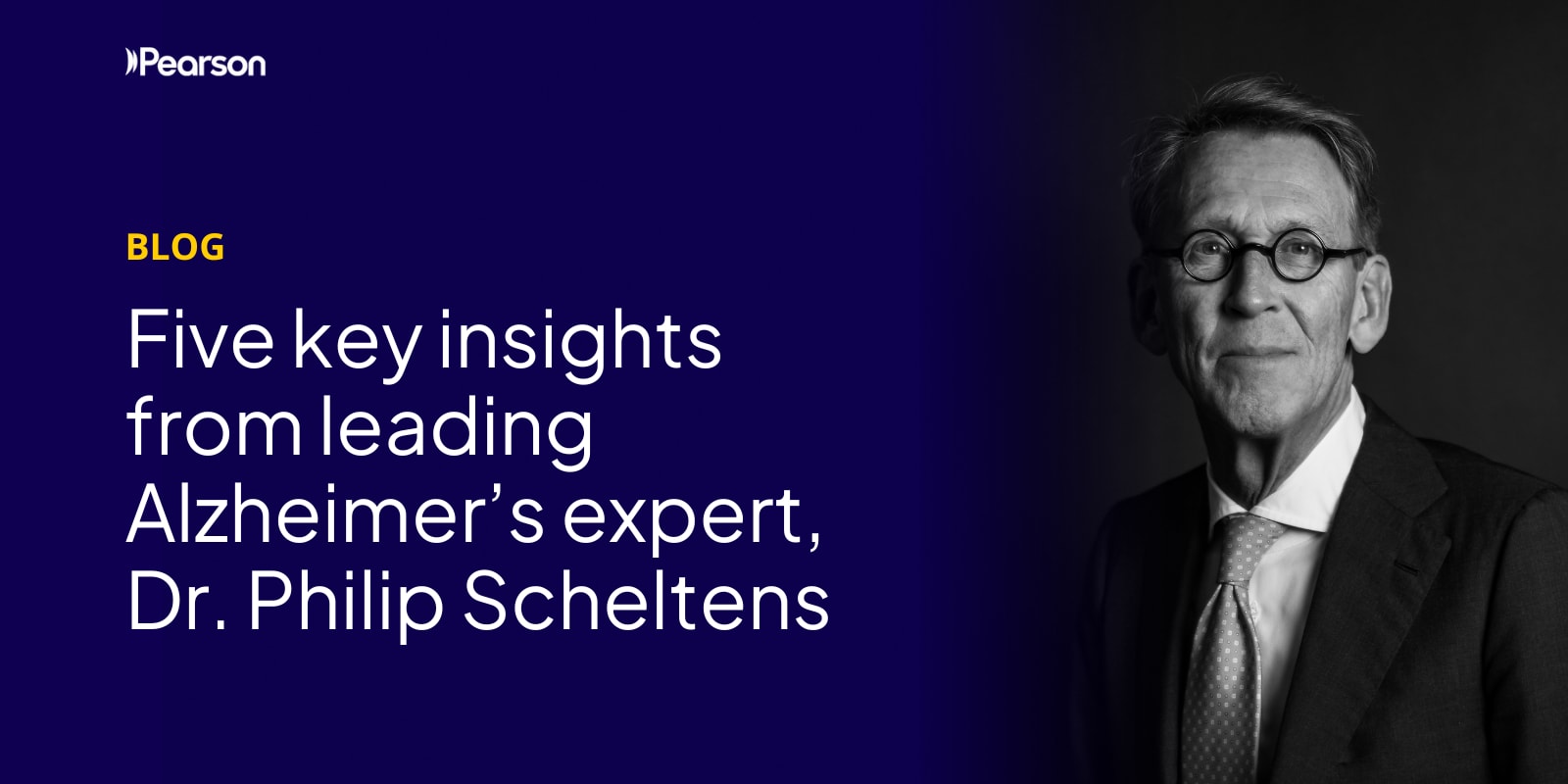Digital Gameplay as Cognitive Testing: How Everyday Interactions Could Unlock Insights Into Brain Health
by

For most people, video games are a form of entertainment. For Rhoda Au, Ph.D., professor at Boston University, video games represent something far more profound: a potential window into the human brain.
Read more




